
6 minute read
Environmental Studies
Environmental Studies is a multidisciplinary subject bringing together Geography, History, and Social Studies together, to study human interactions with the environment.
It is a broad field of study that also includes the natural environment, built environment, social environment, and the sets of relationships between them.
Advertisement
The principal aim of this subject is to instil and nurture in the students the necessary knowledge, skills, attitudes, and values so that as citizens they would take care of and utilise the environment (natural, built, and social) with a sense of responsibility towards the present and future generations.
Hence this subject helps the students: a. To acquire the information, values, attitudes, and practical skills necessary to help them become capable of foreseeing and solving environmental situations by participating more actively and responsibly, and effectively in the care of the environment. b. To observe the physical, socio-cultural, and economic aspects of the natural and the human environment and hence be able to understand and interpret the complexities of the interactions between them. c. To develop a sense of responsibility and solidarity by understanding how personal and local actions could have national, regional as well as global repercussions.
As from the scholastic year 2022-2023, the new Environmental Studies syllabus is based on Learning Outcomes.
Students will be assessed on the Learning Outcomes in the following way:
Coursework: 30% from coursework comprising of 3 tasks of 10% each, set in Yr9, 10 & 11 – 1 task in geography, 1 task in Social Studies & 1 task in History.
Controlled assessment: 70% of the final mark.
The subject is taught in Maltese; however, coursework and the exam can be presented in either Maltese or English.
Jobs related
Advertising, architecture, cartography, landscape design, town planning, geoscience, geology, archaeology, tourism, social work, civil engineering, meteorology, air traffic control, market research, social work, youth work, local government, and civil service.
The new syllabus can be viewed here: https://www.um.edu.mt/__data/assets/ pdf_file/0007/470365/SEC13SyllabusEnvi ronmentalStudies2025.pdf
Fashion and Textiles - VET
Objectives
• Learning and assessment carried out in a different way

• A more work-based learning approach
• Focuses on the skill of creativity
• Students will experiment with a range of materials and techniques, including embroidery, fabric dyeing, and fashionable patterns using digital media, among others.
• This entails studying different fabrics and carrying out experiments
• Learning new techniques to apply to fabrics including various stitches
• Specific time frames
• This entails a lot of research
• Participation in class discussions
Basic IT skills would help due to the tasks assigned.
The O’Level work is started from the first year - 2 Assignments + 1 Controlled per year
Assignments:
• tasks for home
• Synoptics (resits)
• Each year you will be assessed on 1 unit:
• Unit 1 = Year 9
• Unit 2 = Year 10
• Unit 3 = Year 11
There are no half-yearly and annual exams, but the O’level exam is started from Year 9, and a written exam is carried out at school on a specified date, normally at the end of May of each year.
Jobs related
• Sectors and careers found in the fashion industry



• Design and Manufacture
• Designers, Patter Makers, Sketching assistants,
• Marketing and Promotion
• Pattern graders Marketers, Photographers, Models, Stylists
• Retail
• Fashion buyers, Merchandise planners, Sales personnel, Retail managers, Customer service manager, Visual merchandiser
The new syllabus can be viewed here: https://bit.ly/35yrYPa
Health and Social Care - VET

YEAR 9: Unit 1- Effective Communication, Human Development, and Holistic Care
YEAR 10: Unit 2: Anatomy, Physiology, Health, and Safety in Health and Social Care
YEAR 11: Unit 3: Equality, Diversity, and Quality Care

The O’Level work is started in the first year
2 Assignments + 1 Control per year
Assignments: tasks for home
Synoptics (resits)
Each year you will be assessed on 1 unit:
Unit 1 = Year 9
Unit 2 = Year 10
Unit 3 = Year 11
There are no half-yearly and annual exams, but the O’level exam is started from Year 9, and a written exam is carried out at school on a specified date, normally at the end of May of each year.
Grades 1 to 5 - Qualification for 6th Form/MCAST/ ITS
Grades 6 and 7 - Suitable for MCAST/ITS
Jobs related
Nursing, Midwifery, Care workers with the elderly, Child Care workers, Social Workers, Counsellors, Health and Social Care teachers, Learning Support Educators (LSE), Youth workers, Community workers
The new syllabus can be viewed here: https://www.um.edu.mt/__data/assets/ pdf_file/0005/490136/SEC36HealthandS ocialCareSyllabus2025.pdf
Home Economics Objectives
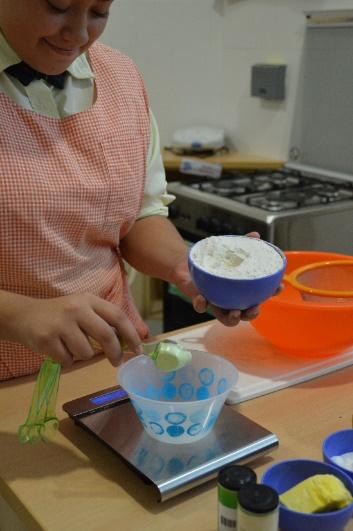

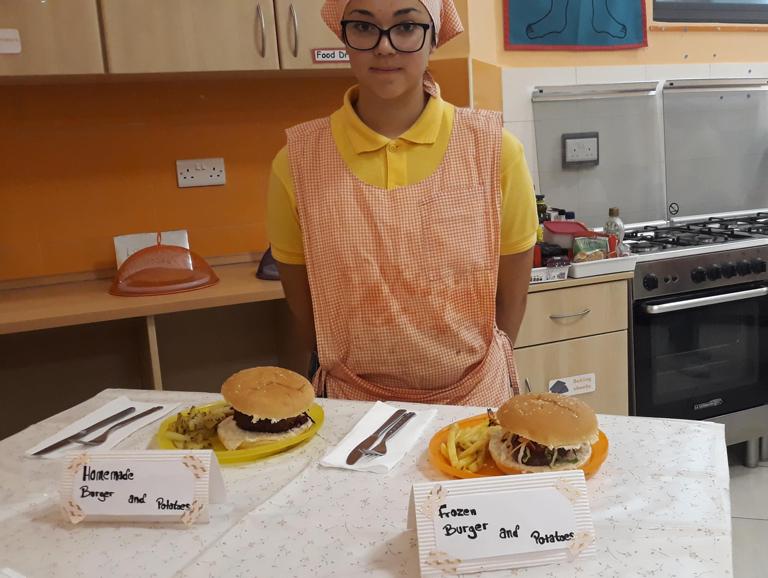

This subject gives you knowledge and skills that will last a lifetime!!
• Home Economics is a very interesting and useful subject.
• It helps you learn skills that will be utilized in everyday life.
• It helps the well-being of you and your family within the home, the community, nationally, and globally.
The new syllabus can be viewed here: https://www.um.edu.mt/__data/assets/ pdf_file/0011/470396/SEC192025updat ed.pdf
Jobs related
MCAST

• Beauty Therapy, Hairdressing, Food Technology, Childcare, Health & Social Care, Health Sciences
ITS Tourism & Catering, Culinary Arts,
International Hospitality Management, Gastronomy
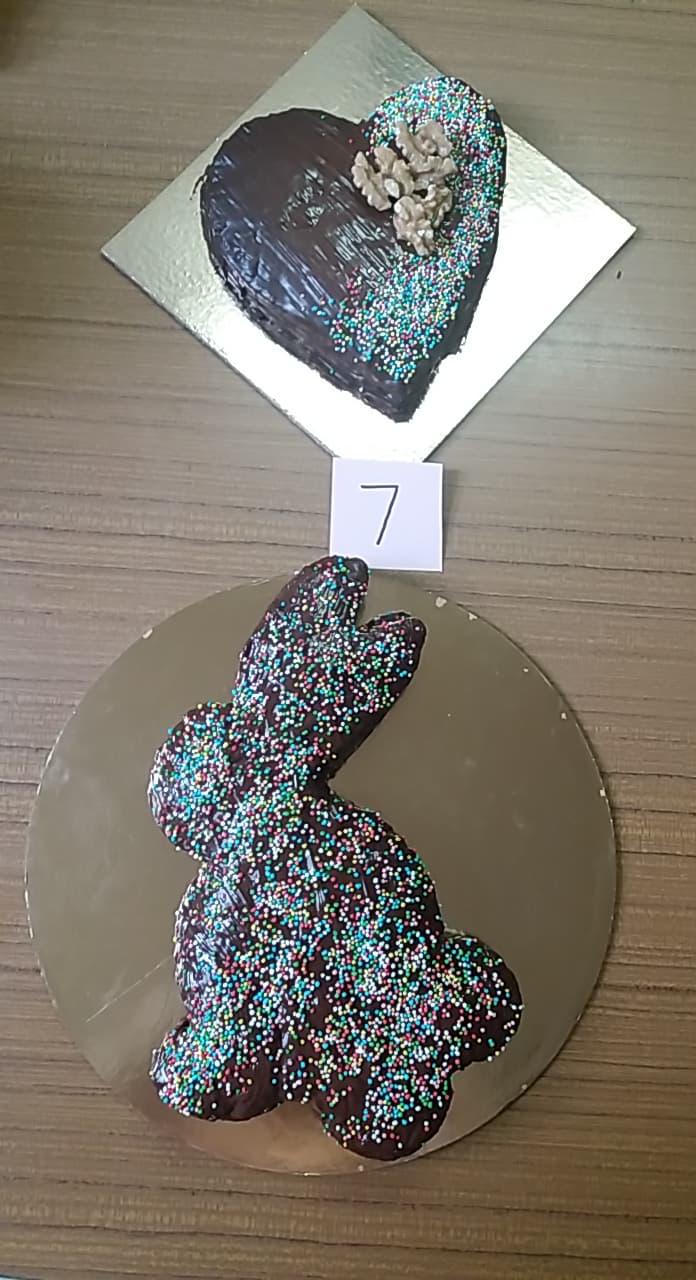
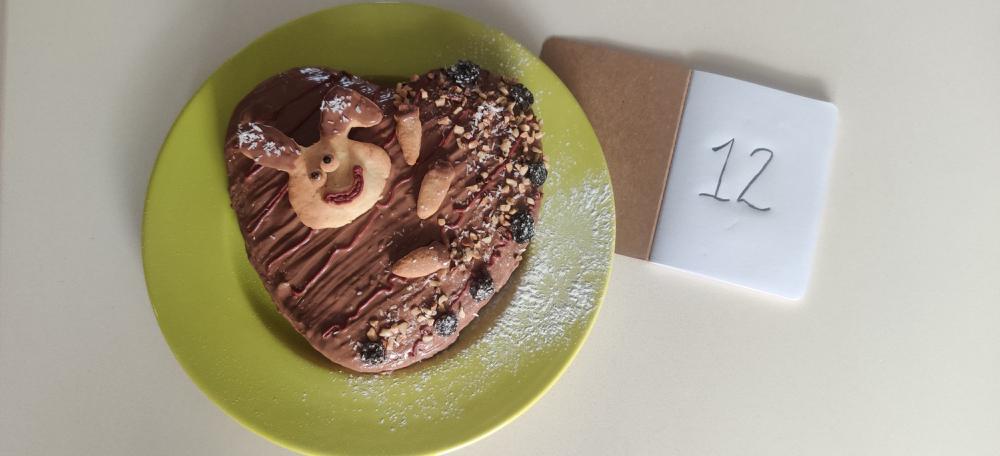
University of Malta Social Wellbeing
Education – MTL in Primary Early Childhood Education & Care, Health & Social Care (VET), Home Economics, Hospitality (VET), Fashion & Textiles (VET
Coursework:
• 40% of the total marks; comprising 4 tasks of equal weighting i.e., 10% each; set during the three-year course program.
• The coursework will be based on all Learning Outcomes (LO 1 – LO 8)
Controlled assessments:
60% of the total marks; comprising a two-hour written exam of different levels.
The new syllabus can be viewed here: https://www.um.edu.mt/__data/assets/pdf _file/0011/470396/SEC192025updated.pdf
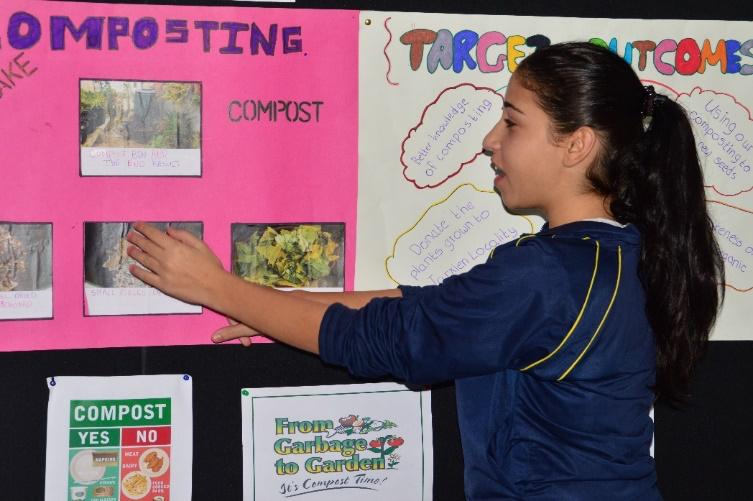
Hospitality - VET
Hospitality is a growing industry, which guarantees job satisfaction, and one works in a social environment.
Objectives
Students will
• will do their work & research online.
• Participate in class discussions
• State what they think and know
• Listen to others
• Ask
• Learning through different outings to the
• Hospitality Business.
The O’Level work is started in the first year
2 Assignments + 1 Control per year
Assignments: tasks for home
Synoptics (resits)
Each year you will be assessed on 1 unit: Unit 1 – Hospitality & Tourism Industry = Year 9
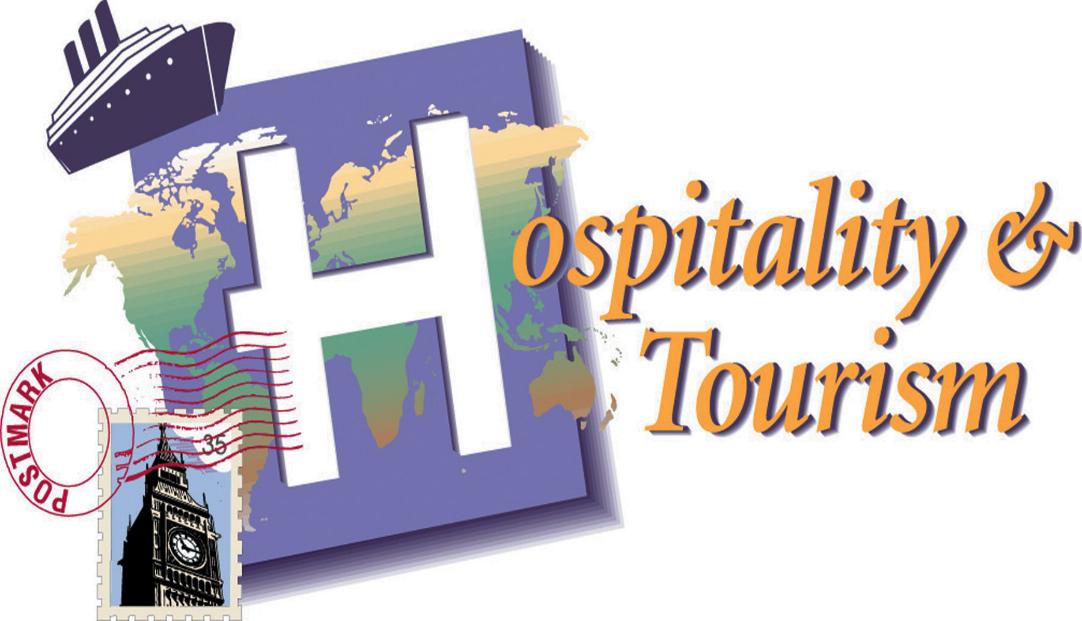

Unit 2 – The world of Food = Year 10
Unit 3 – Hospitality Operations = Year 11
There are no half-yearly and annual exams, but the O’level exam is started from Year 9, and a written exam is carried out at school on a specified date, normally at the end of May of each year.
Jobs related
• Management – General Manager, Sales manager, Duty manager, HR manager, F&B manager
• Events planning and Tourism –Events planner, Wedding Coordinator, Event manager, Tour guide, working on guide liners, Pool attendant, Animation staff
• Food operations – executive chef, cook, pastry chef, kitchen helper, waiting for staff, host
• Front of house – front desk receptionist, concierge, porter, reservations operator, manager, guest relations officers, night reception
• Housekeeping – laundry operator, executive housekeeper, room attendant, public area attendant, floor supervisor
The new syllabus can be viewed here: https://www.um.edu.mt/__data/assets/ pdf_file/0007/490129/SEC38Hospitality Syllabus2025v1.pd
Physical Education
Physical Education is about teaching education through physical activities and health-related aspects.
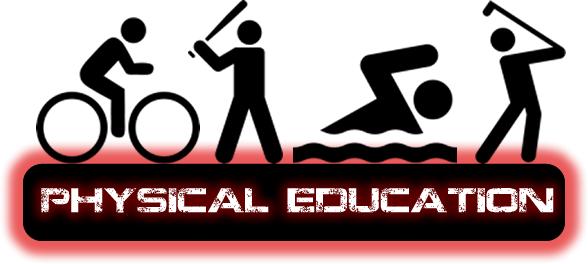

It aims to develop the student’s physical competence and knowledge of movement and safety, and their ability to use these to perform in a wide range of activities with the development of an active and healthy lifestyle.
It also develops students’ confidence and generic skills, especially those of collaboration, communication, creativity, critical thinking, and aesthetic appreciation. These, together with the nurturing of positive values and attitudes in PE, provide a good foundation for students’ lifelong and life-wide learning.
physical activity can make to a healthy lifestyle and positive social relationships.
• To understand through theory and practice the implications of and benefits of participation in physical activity.
Practical 30% which includes Fitness tests and Swimming/Athletics
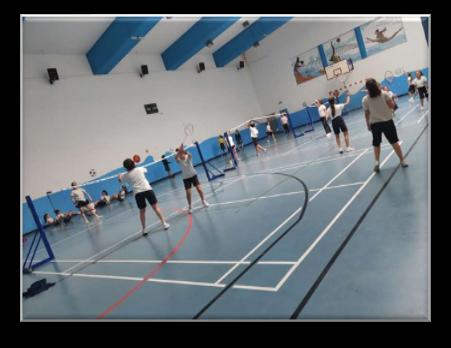

Theory = 70% in a 2hr paper
Coursework = 30% over 4 assignments
Jobs related
Objectives
This subject is designed to:
• Enable students to acquire the techniques necessary to perform a variety of physical activities.
• To experience the enjoyment of participation in physical activity.
• To educate towards a genuine commitment to a lifelong participation in sport as management of a healthy lifestyle.
• To value the contribution that
Pe Teacher, Specific Sports Coach, Fitness Instructor / Personal Trainer/ Strength & Conditioning Coach, Outdoor/ Adventure Educator, Massage Therapist, Nutritionist/ Dietitian, Exercise Physiologist
The new syllabus can be viewed here: https://www.um.edu.mt/__data/assets/pdf _file/0003/470343/SEC32PEsyllabus2025.p df
Physics
• Physics is the study of the world from a physical point of view

• It is the investigation of the mechanical processes in life
• It is also the science that studies matter, its motion and behaviour through space and time, and the related entities of energy and force.
Objectives
The subject aims to:
• Develop the student’s mathematical, analysis, and investigative abilities
• Engage the students in investigations to solve problems in everyday life
• Train the students to be quicker and more adept to solve problems quickly and efficiently as possible
• Contribute to the general knowledge of the students
• Develop positive attitudes toward Physics, Science, and the Environment
Coursework:
During the 3-year course, the students will be doing 5 assignments. 30% of total marks – 1 investigation and 13 experiments.
Controlled assessment:
70% of the total marks; comprising a two-hour written exam)
Jobs related Engineering, Architecture, Aviation, Astronomy, Medical, Research
The new syllabus can be viewed here: https://www.um.edu.mt/__data/assets/ pdf_file/0003/470388/SEC242025updat ed.pdf




